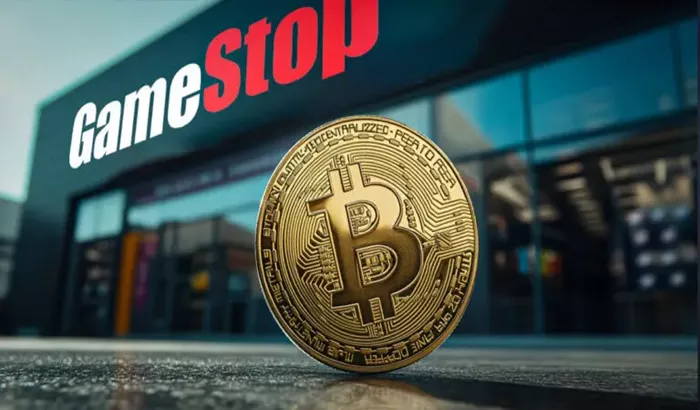GameStop recently bought 4,710 bitcoins, valued at over $500 million, marking its first major move into cryptocurrency. This decision follows the company’s announcement in March to include Bitcoin as a treasury asset, funded through a $1.3 billion convertible notes offering.
Despite the bold step, GameStop’s stock dropped more than 3% after the news, reflecting investor caution over cryptocurrency volatility.
The move echoes the approach of Strategy (formerly MicroStrategy), a software company known for its large Bitcoin holdings and strong market performance.
Strategy’s shares have more than doubled in the past year, driven by its simple but firm strategy of accumulating Bitcoin and holding it long-term.
Unlike GameStop, Strategy benefits from the leadership of Michael Saylor, an experienced Bitcoin advocate who has built investor confidence through consistent financial engineering and public support for the cryptocurrency.
Strategy’s unique position as the largest corporate Bitcoin holder, with over $60 billion in Bitcoin assets, contrasts with GameStop’s new and riskier entry into the crypto space.
Investors see Strategy’s model as a tested blueprint, while GameStop’s pivot is viewed as a risky attempt to revive its business amid declining sales and changing market dynamics.
GameStop’s Bitcoin acquisition is part of a broader trend of companies adding cryptocurrency to their balance sheets. Alongside GameStop, Trump Media is also raising funds to invest in Bitcoin, signaling growing corporate interest in digital assets.
If GameStop can successfully emulate Strategy’s approach, it could transform its image from a meme stock to a serious player in the crypto investment space.
READ MORE:


